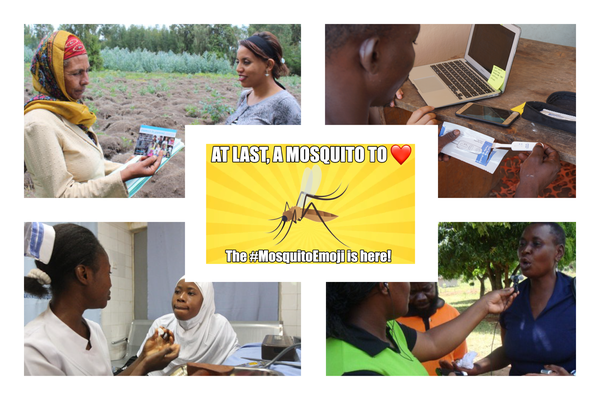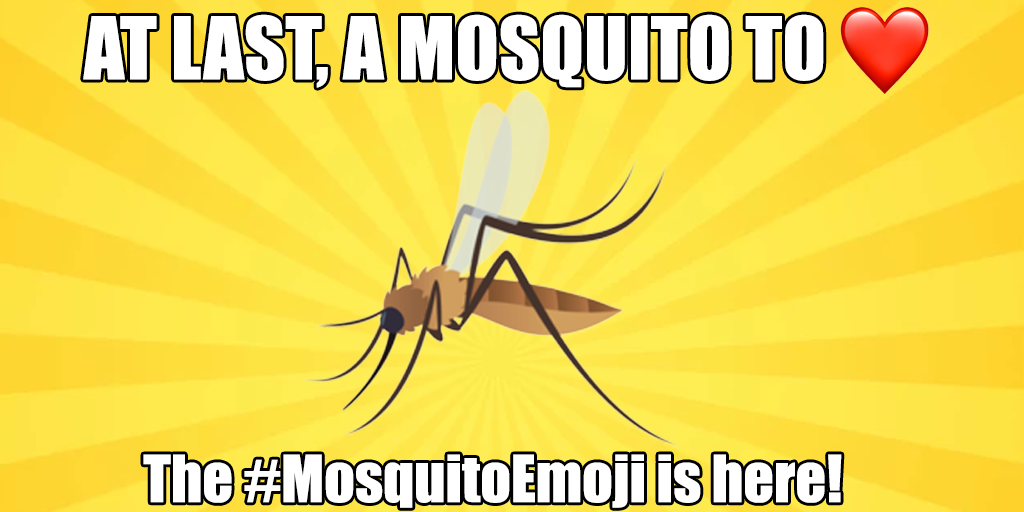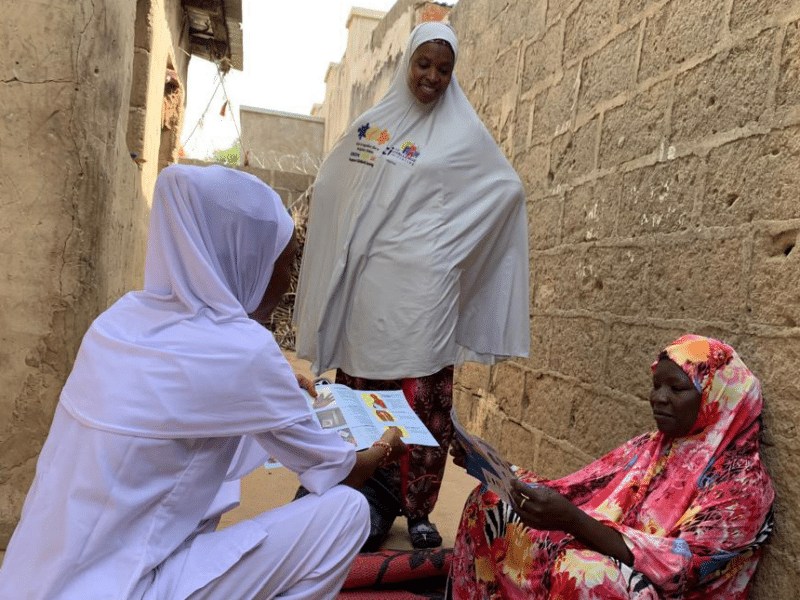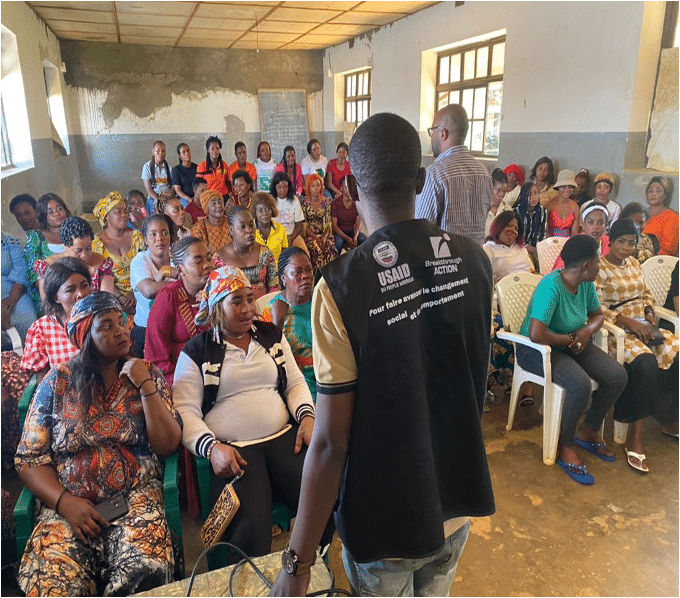As 2018 comes to a close, we at the Johns Hopkins Center for Communication Programs are reflecting on our 30th anniversary year. From the rousing success of the International Social and Behavior Change Summit in April to the growing scope of work of our Breakthrough ACTION project which is now in more than two dozen countries, this year has been a busy one for CCP.
As we all gear up for 2019, let’s take one look back at the Top 5 CCP blog posts of 2018:
- How to Use the New Mosquito Emoji (Oct. 30)
Thanks to the advocacy of CCP and others, we now have a mosquito emoji in the communications toolbox to help us communicate about mosquito-borne diseases such as malaria, Zika, dengue and more. This blog post suggests some less conventional uses as well.
In her commentary, CCP Executive Director Susan Krenn writes of the dangers presented by the spread of misinformation in the places where CCP and others work to help people adopt healthy behaviors, using the same platforms and methods we rely on to do our work. “What we are seeing here is that the same tools that we use for good can just as easily be used for harm,” she writes.
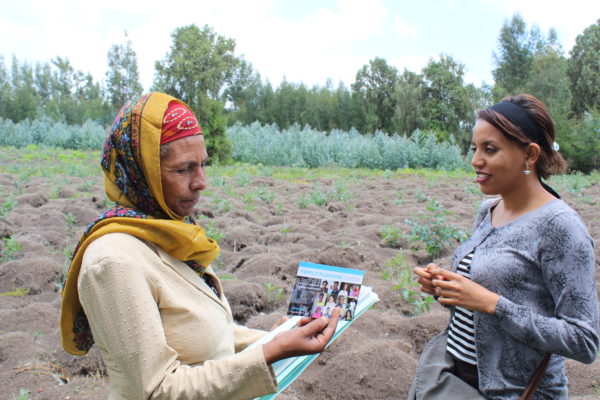
A worker with the PHE-Ethiopia Consortium, right, shares information with a schoolteacher in the rural Bale-Eco region. Photo by Daniel Adero
CCP’s Breakthrough ACTION project began conducting a pilot program to deliver self-testing kits to men in three regions of the West African nation of Côte d’Ivoire. Self-testing is a convenient – and, above all, private – way for men to learn of their HIV status, the first step toward treatment.
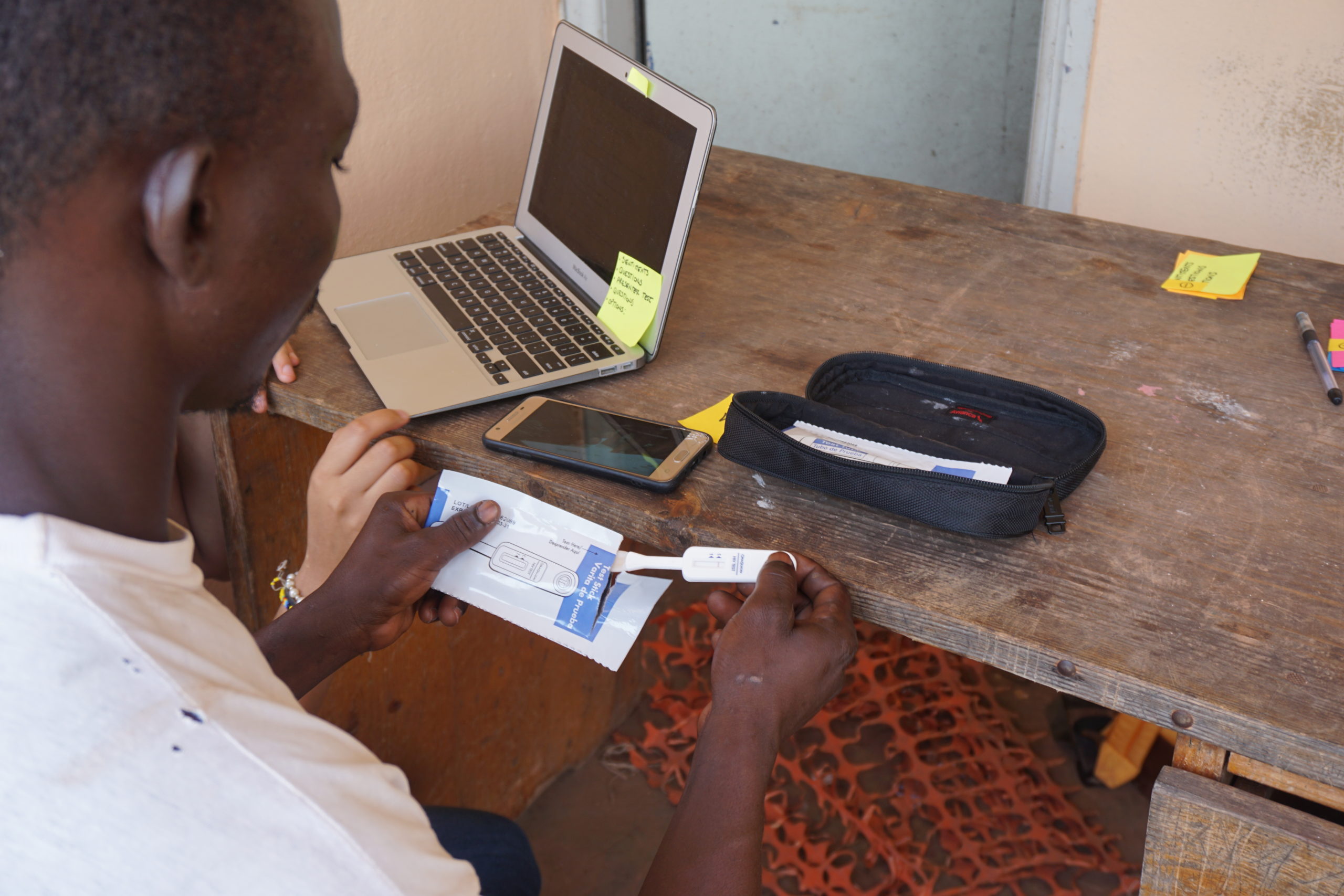
CP is giving hard-to-reach at-risk men an opportunity to take a saliva-based HIV self-test at home. Photo credit: ThinkPlace Kenya
- ‘I am who I am because of the show’ (March 26)
Rael Odengo remembers those first radio broadcasts well. It was the mid-1990s, and she was a teenager living in a rural village on Lake Victoria in Kenya. There was no electricity and no running water. But there was her family’s small radio.
Rael was exposed then to CCP’s “Youth Variety Show,” a program designed to entertain and inform young Kenyans like her about reproductive health issues and allow them ask whatever questions they had. This inspired her to study radio in school, to create radio health programs of her own and, ultimately, led her to CCP, where she works on family planning programs in Nigeria.
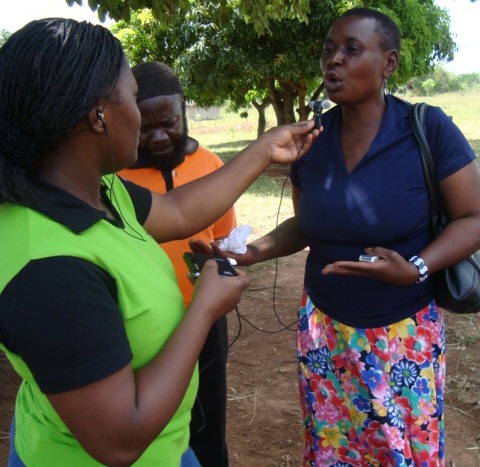
A young Rael Odengo, left, conducts a radio interview in Western Kenya.
- When Service Providers Say ‘No’ (Jan. 29)
CCP’s Nigerian Urban Reproductive Health Initiative (NURHI) was getting more women to seek out modern family planning, but many women were being rebuffed at the clinic. “Unmarried people who want family planning, you’re turned away,” said one CCP staffer. “Newly married couples, you’re turned away. You have only one baby, you’re turned away. This wasn’t how it was supposed to work.”
To combat this, NURHI embarked on a comprehensive program to reduce provider bias and allow them to overcome some deeply ingrained beliefs that kept providers from doing the work they were trained to do.
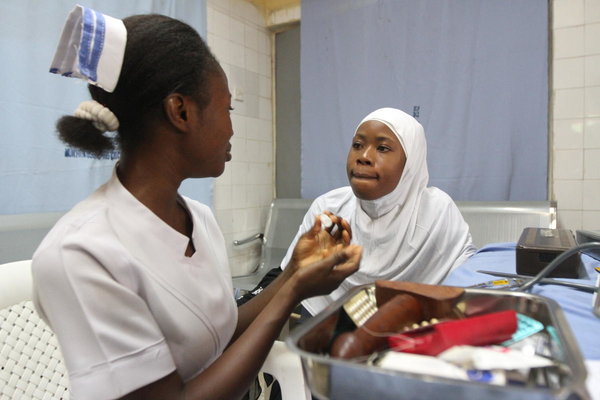
A family planning session with a client in Kaduna, Nigeria

